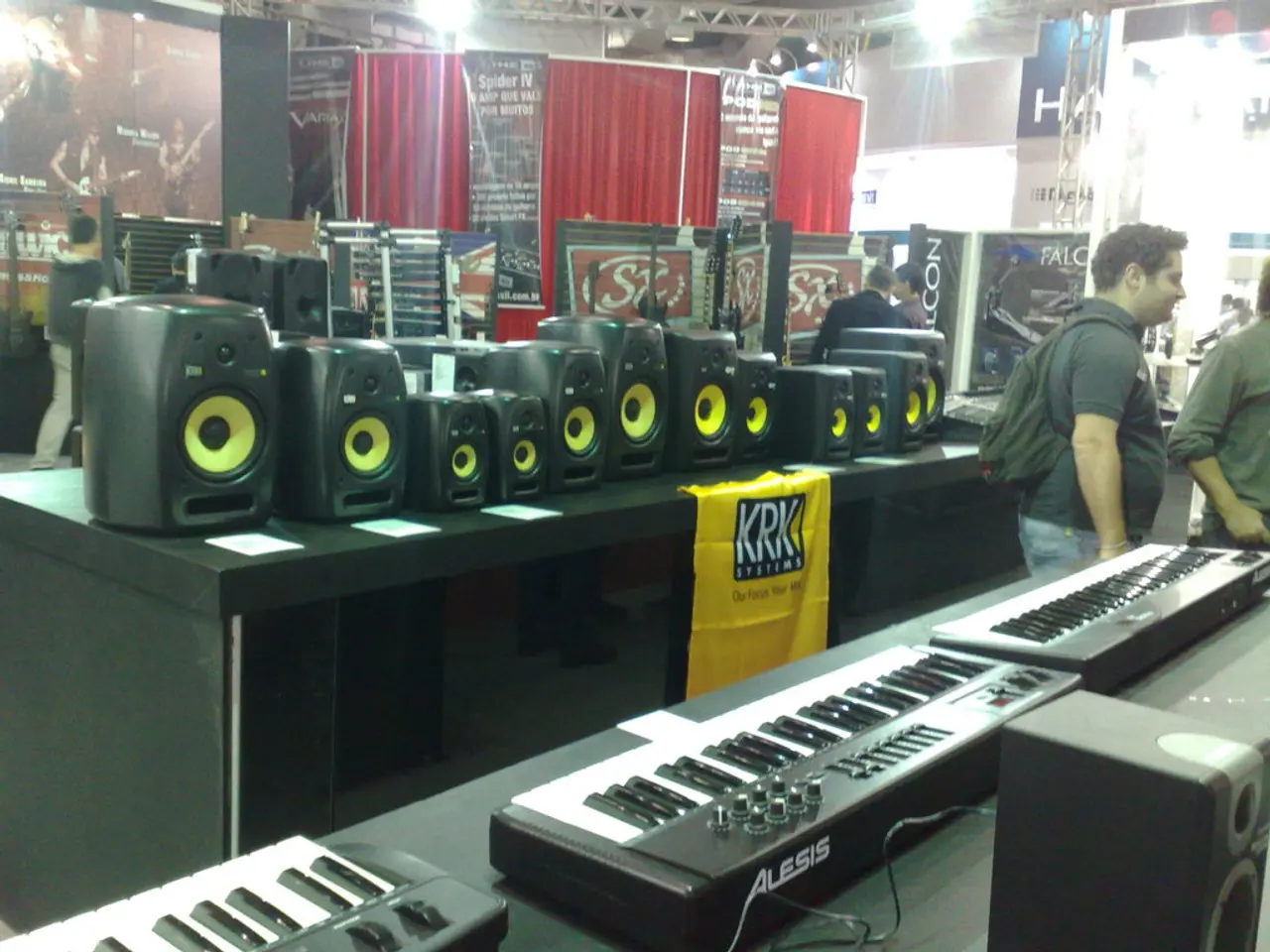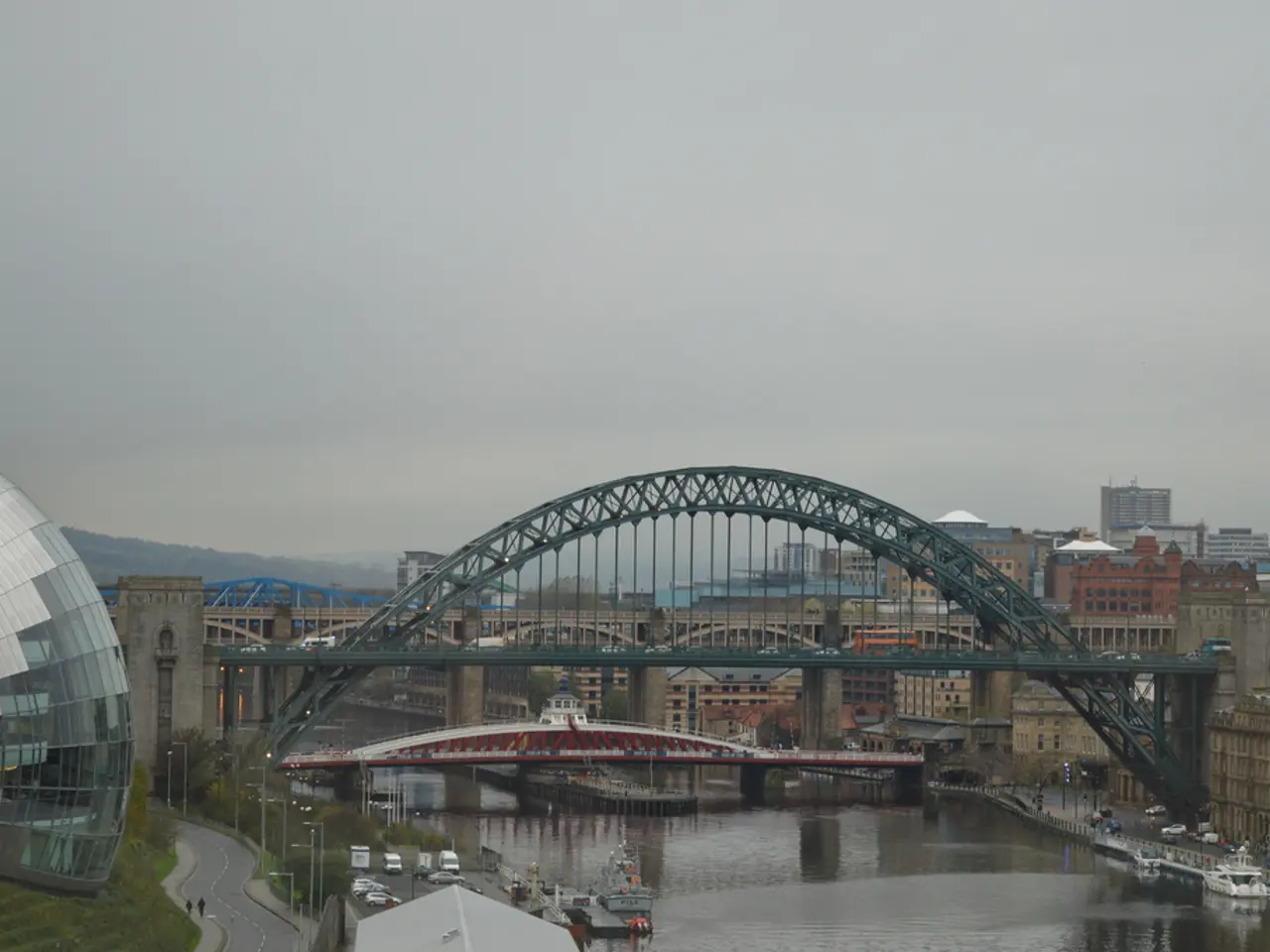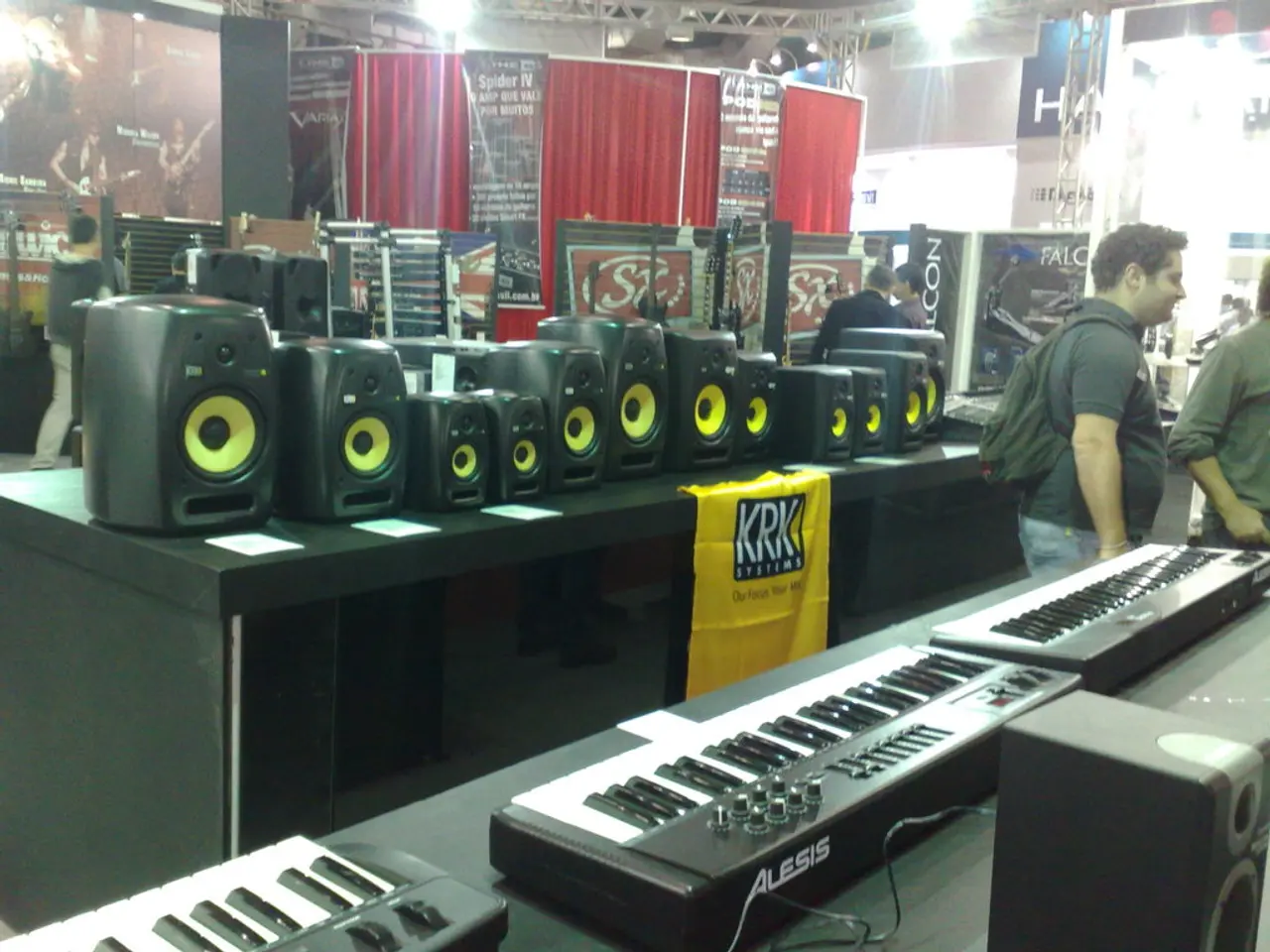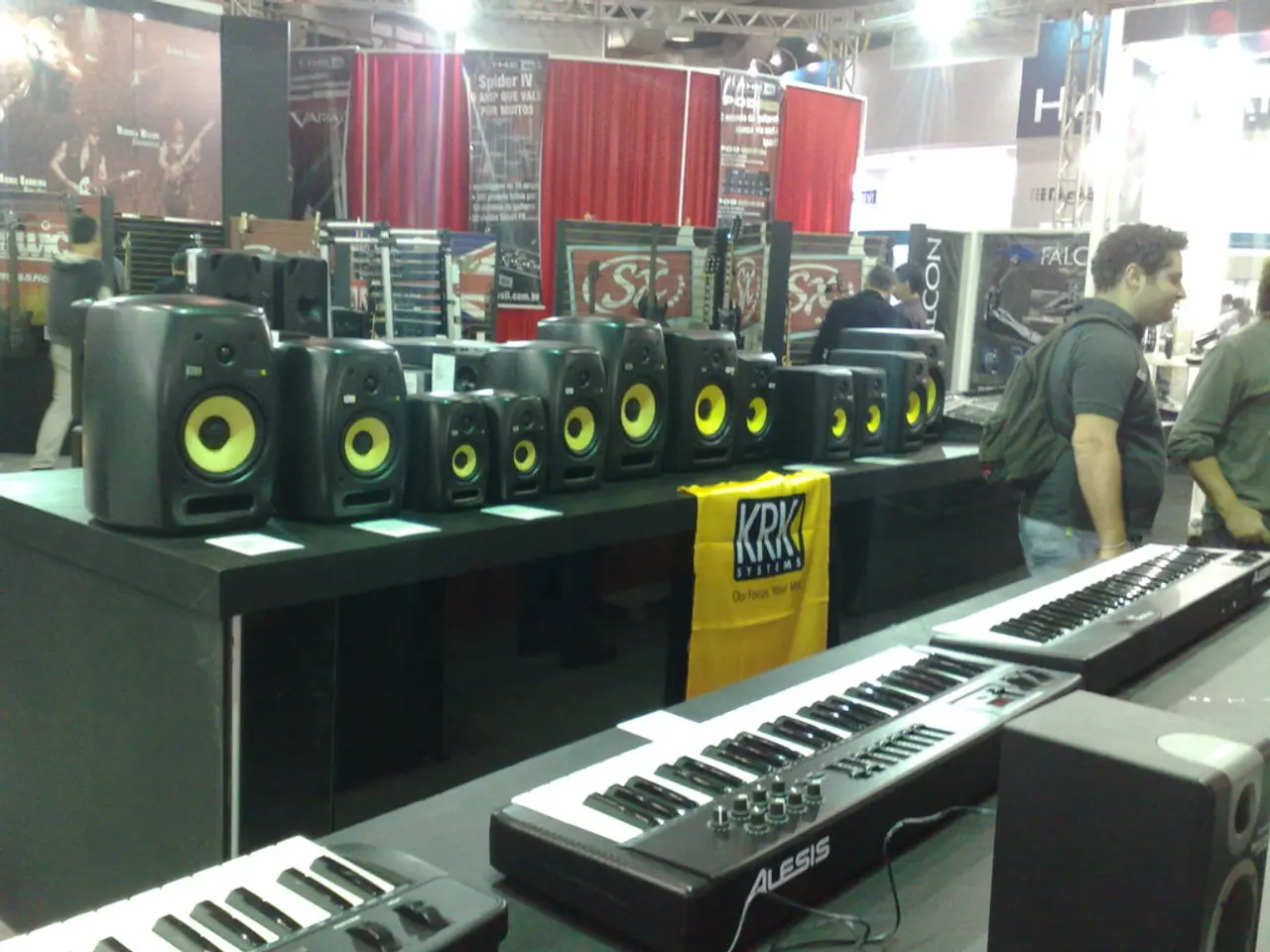Online casino legislation in Indiana advances to the entire House for consideration, following approval from the Committee.
Indiana's bid to legalize online casinos and online lottery sales has hit a roadblock, with House Bill 1432 failing to progress after the Committee on Ways and Means declined to give it a hearing. This effectively ends the prospects for legal online gambling in the state this year.
Introduced by Indiana Rep. Ethan Manning, House Bill 1432 aimed to allow commercial casinos to partner with or run up to three iGaming platforms, with a sliding tax rate of 22-30% on gross gaming receipts. The bill passed the House Committee on Public Policy but stalled due to fiscal impact review requirements and lack of committee support, as confirmed by House Speaker Todd Huston in July 2025.
The proposed legislation targeted over $300 million in tax revenue, with the majority going to the Indiana General Fund. If passed, it would have allowed licensed riverboat casinos, racetracks, and other venues to offer online poker, blackjack, roulette, and slots. It also included provisions for responsible gambling programs and expansions in charitable gaming.
The annual fee for each online gaming platform would be $50K, with each online iGaming skin costing a one-time fee of $500K. Notable supporters of iGaming include Howard Glaser, representing Light & Wonder, who stated that it would help rid illegal online casinos and generate new tax revenue.
However, not all parties are in agreement. Lobbyists with Churchill Downs and Penn Entertainment have voiced opposition to HB1432 due to concerns about reduced in-person play.
Indiana is home to 13 commercial casinos and is the seventh-richest commercial gaming state behind only Nevada, New Jersey, Pennsylvania, New York, Michigan, and Ohio. The state's tax benefit from brick-and-mortar and riverboat casinos could decline between $29 million to almost $58 million with the introduction of online casinos.
Each individually branded skin under House Bill 1432 would be allowed to operate internet slot machines and interactive table games, including poker. If successful, Indiana's iGaming could earn the state up to $200 million annually by its third year in operation, according to the Indiana Legislative Services Agency.
With no active bill progress, the future of online casinos and online lottery sales in Indiana remains uncertain. Passage remains uncertain, and momentum will need to build for reconsideration in future sessions.
- House Bill 1432, proposed by Indiana Rep. Ethan Manning, aimed to legalize online casinos and lottery sales, but it failed to progress, ending the prospects for online gambling in Indiana this year.
- The bill targeted over $300 million in tax revenue, with the Indiana General Fund expected to benefit significantly if passed.
- It allowed commercial casinos to partner with or run up to three iGaming platforms, offering online poker, blackjack, roulette, slots, and other games.
- The annual fee for each online gaming platform would be $50K, with each online iGaming skin costing a one-time fee of $500K.
- According to the Indiana Legislative Services Agency, Indiana's iGaming could earn up to $200 million annually by its third year in operation, if successful.
- Lobbyists from Churchill Downs and Penn Entertainment opposed HB1432, citing concerns about reduced in-person play and potential declines in tax revenue from brick-and-mortar casinos.




